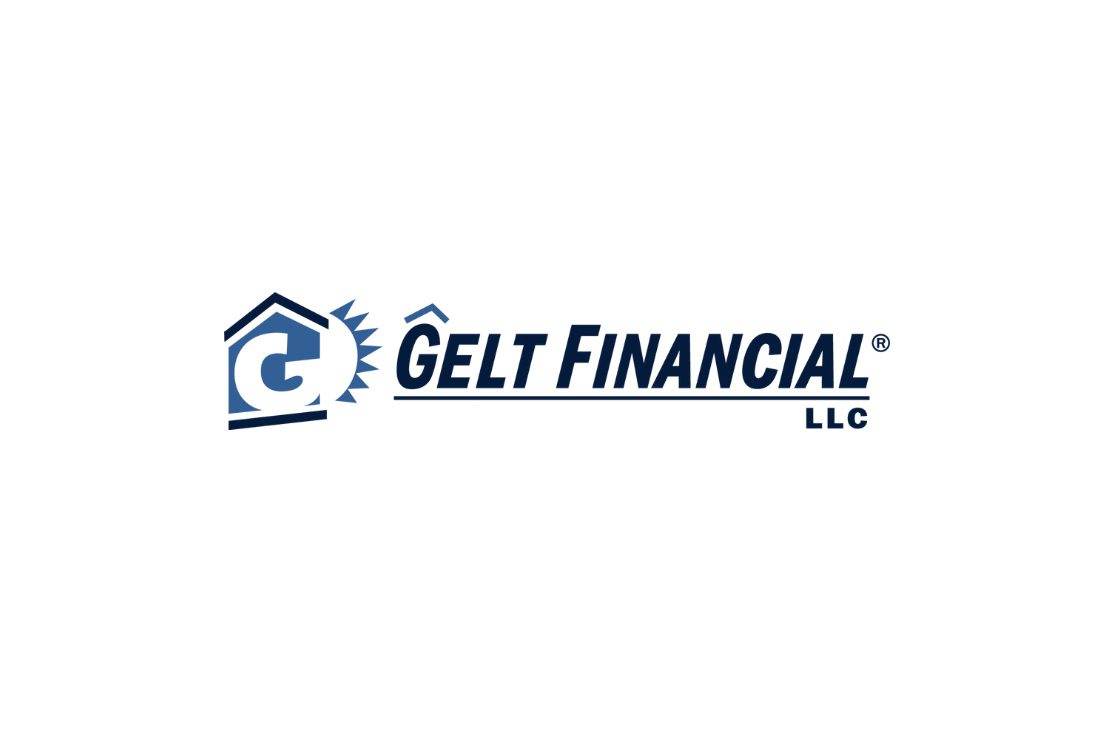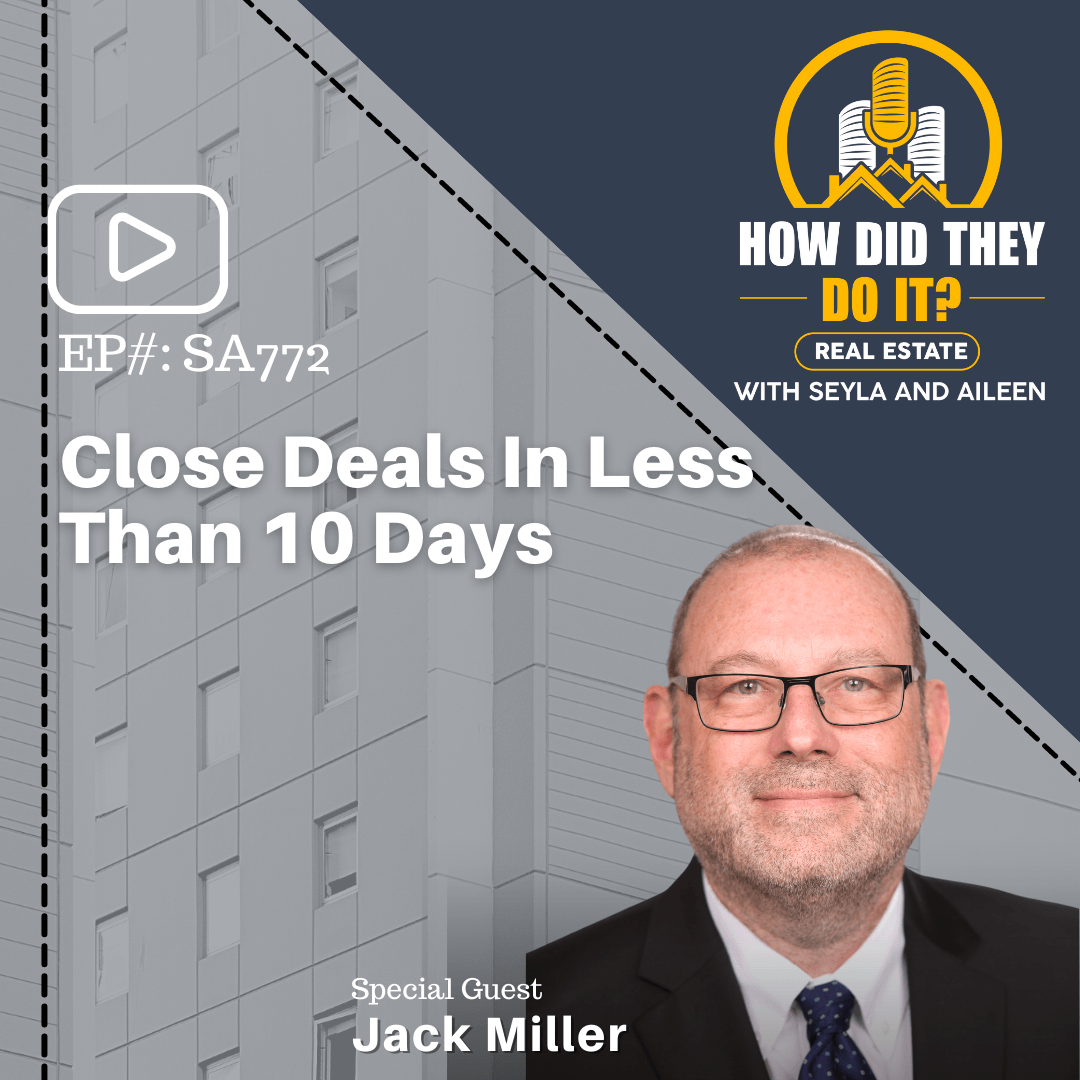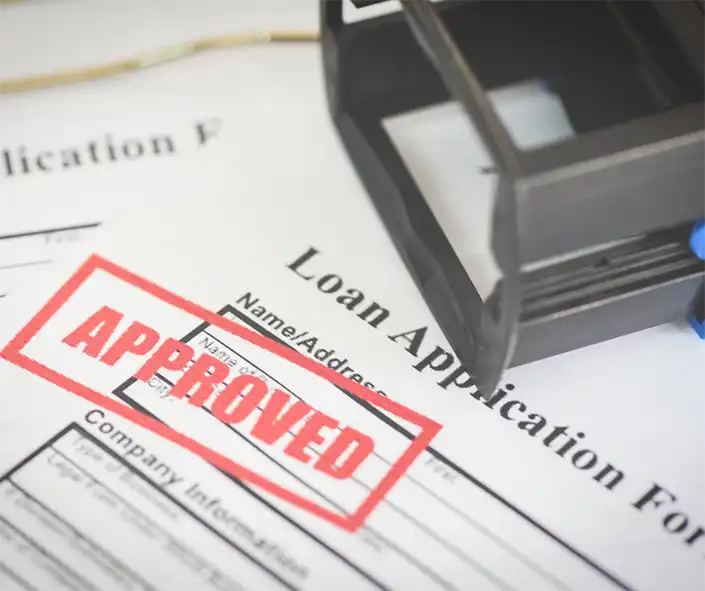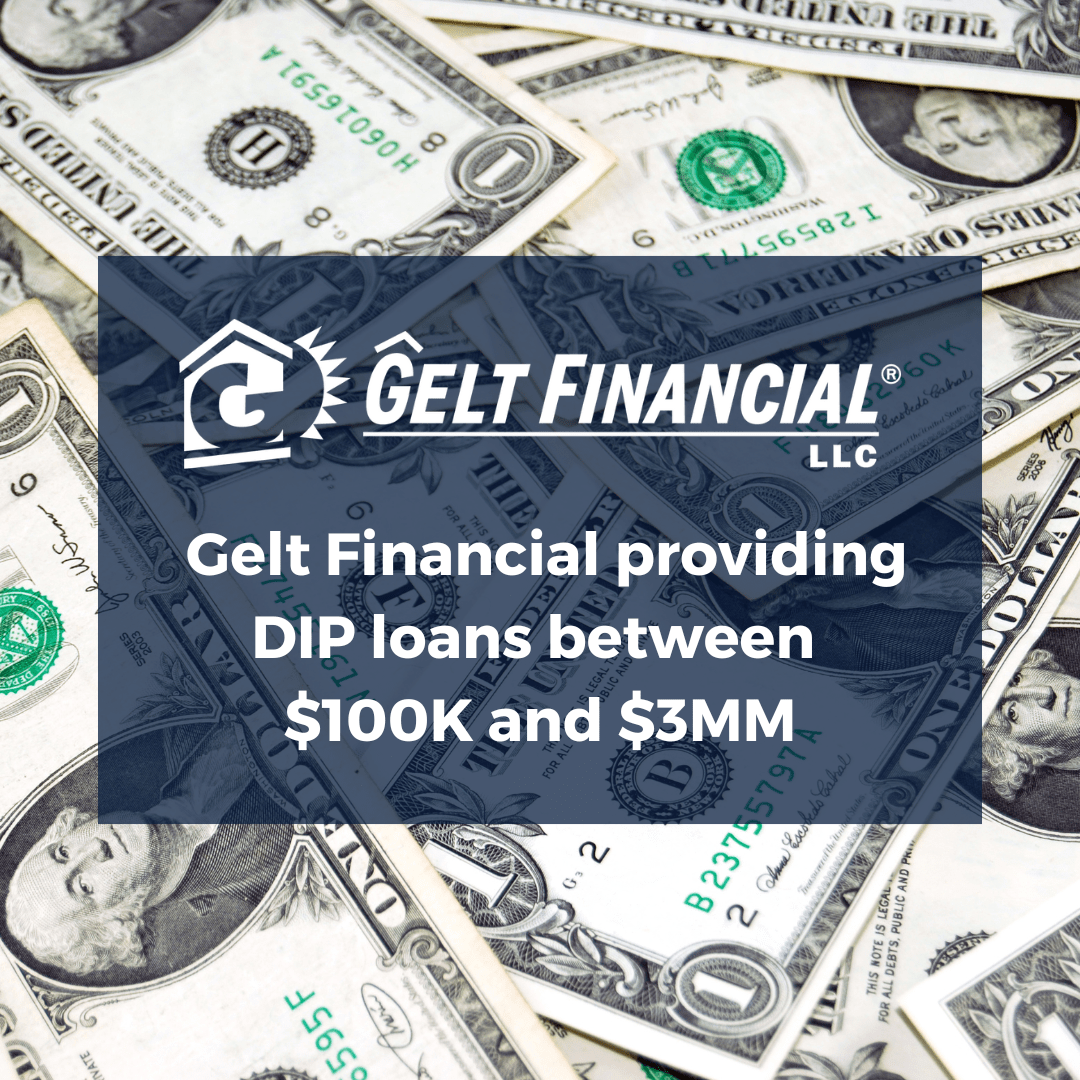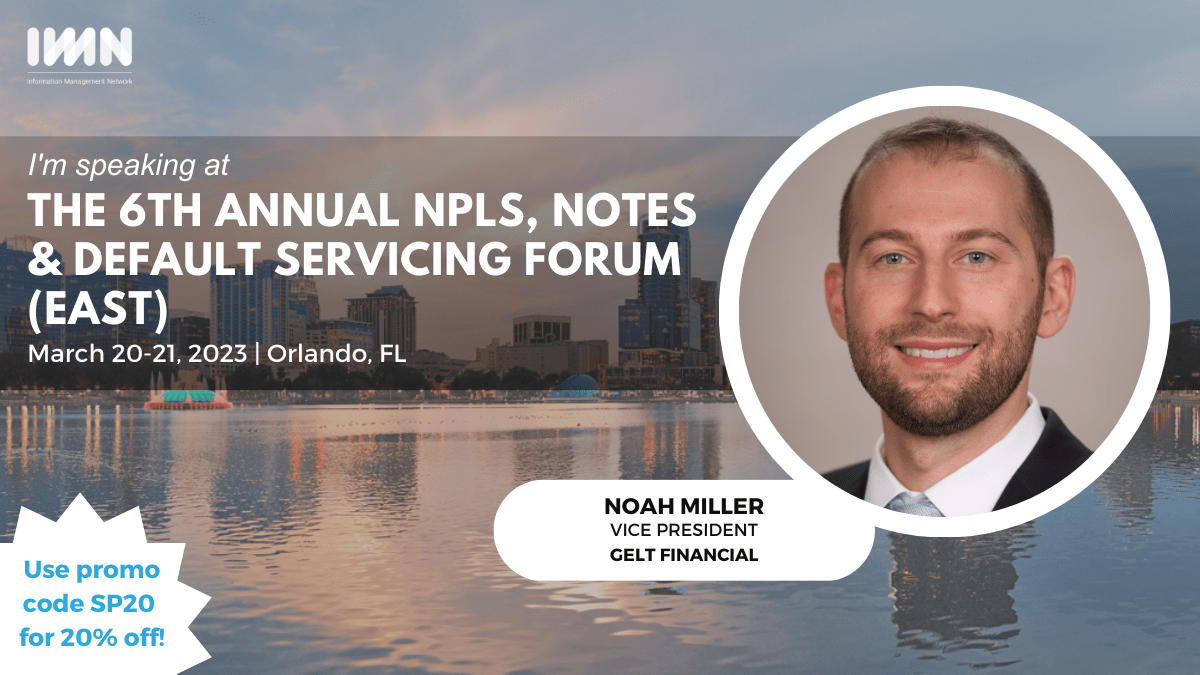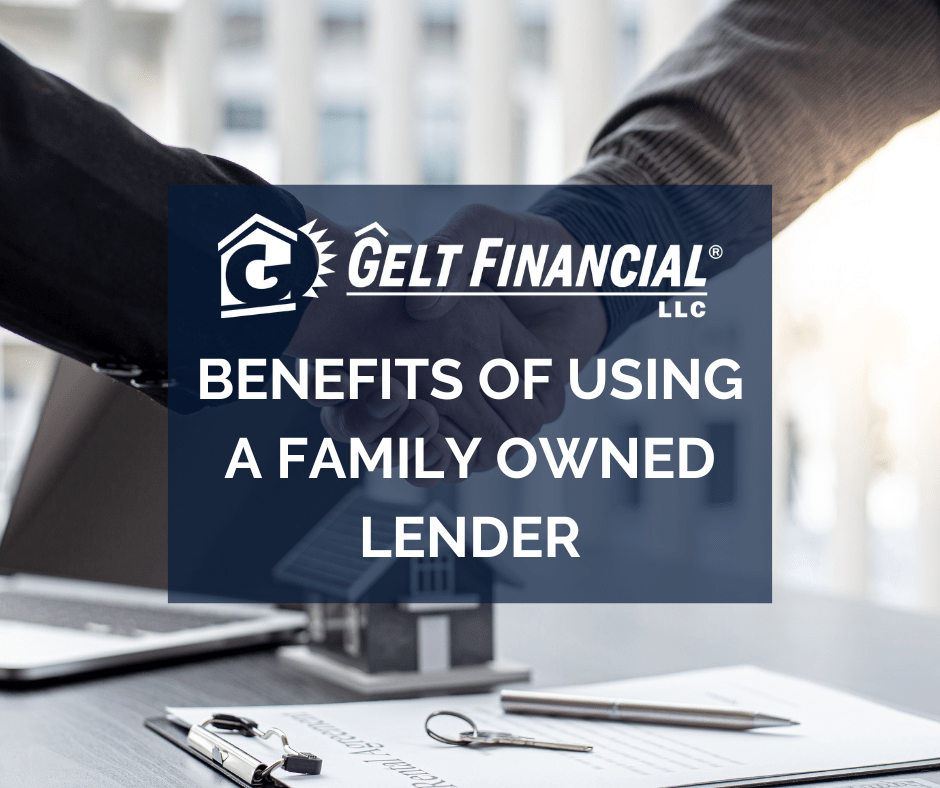Jack Miller gives a little history of the term Hard Money lending and Private Money Lender and what’s the difference between the two, if any. He talks about the differences between those and subprime lending.
What’s the difference, and why should anyone care? What should they care about?
“Marcy: Hello, we’re back.
Jack: I don’t think they’ve heard it, but okay. So, I want to make a video and talk about there’s a lot of terms out there: hard money lender, private lender, subprime lender–
Marcy: Direct lender
Jack: direct lender, non-QLM, non-QL–non-QLM lender, so we just had.
Marcy: SP Lenders
Jack: What is it?
Marcy: I mean there’s just so many types of commercial lenders out there.
Jack: I want to talk about, a little bit about us, I’m so… you know…
Marcy: We’re gonna talk about Gelt.
Jack: Gelt, yeah! A 100% you know, what are we? So, I would like to give everyone sort of an evolution of this.
Marcy: Okay.
Jack: So, when I started in, I opened up Gelt in 1989. We were called subprime lenders, and anything that, back then it was just Fanny, Freddy, FHA, and VA. So, it was basically all the governments, and everything else was subprime. It went on for many years that way. Subprime got a bad name as a result of some consumer groups, as a result of whatever, a lot of government interaction. I’m not going to get into that because that’s a lot of politics, but everyone dumped on the subprime lenders. And as a result of the crash, the great Global recession from ’08 to ’11, the name subprime, people stopped using it, and people said, “Oh, I’m a non-QLM lender, I’m a private money lender, I’m a hard money lender.” So, let’s, so basically, you’re a lender, okay? And then it goes into what type of deals we do. So…
Marcy: Wait, and we also, we were a non-bank lender.
Jack: We are a non-bank lender. A 100%, we are who we are. Let me tell you something, I’m very proud of who we are because we give people opportunities when banks and the government doesn’t… Oh, I’m sorry. I’m very proud of who we are because we give people opportunities when banks and the government doesn’t. We get thank yous, and our borrowers are so grateful for us because they go from bank to bank, from other lender to other lender, and they’re told, they’re just provided no assistance and, frankly, they’re treated like dirt. And we’re thrilled for them. So, we give people opportunities. I’m proud. It’s not a question of that. It’s we were in a conversation, and Marcy said we’re a hard money lender. She’s not wrong. She’s not wrong, but it dawned on me, and I think I interrupted her, and I said, “Well, really, not a hard money lender. We’re a private lender, a non-bank private lender.” So, what do I mean by that? Yes, we do hard money deals, no question about them. We have them closing.
Marcy: Well, let’s talk about what hard money is too then…
Jack: Everyone has a different definition, but in my mind, okay.
Marcy: I mean, hard money to me is like money we give to people where it’s not as much.
Jack: We lend, not give.
Marcy: Lend, oh yeah, it’s not a gift.
Jack: We want it back.
Marcy: We lend to a borrower that doesn’t necessarily have all the correct paperwork that would be needed to go to a bank.
Jack: Or credit.
Marcy: Or they have their credit’s score low.
Jack: Or it’s a foreclosure bailout.
Marcy: Yes.
Jack: Okay, so again.
Marcy: Or they’re even in bankruptcy too.
Jack: It could be.
Marcy: Yeah.
Jack: But you know, I’ve talked to people, and I said, “What’s a hard money lender?” They said, “Oh, people who charge eight percent or nine percent.” Everyone has a different definition, so in my mind, okay, we’re a private non-bank lender. And I’ll give you two examples, okay? We closed fairly recently, I think it was one deal for 4.3 million, one day over three and a half million, on a perfect credit borrower who can go to a bank and will go to a bank. He needed to close very quickly, okay? For different reasons, it was a 1031 exchange. But a good amount of loans we do are people, we just closed one last week. She told me on Wednesday the deal is closing Friday.
Marcy: I know.
Jack: Okay…
Marcy: It was, well—it came….
Jack: Whatever.
Marcy: Right.
Jack: Whatever, it doesn’t matter. Bankable, perfect credit borrowers, their income is in order, their documents are order, they needed to close quickly. In my mind, that’s not a hard money loan, it’s a private loan. So, I tell people, and you could debate me, I don’t know if I’m right or wrong, we’re a private, we’re non-bank private money lender. Some of our business is hard money. Now, I told you a minute ago, a couple of seconds ago about a perfect credit that I told you about, one for two and a half or three and a half, one for 4.3. The one I was talking about last week was, I think, 260 Grand or 280 Grand, whatever. Clean deals, they needed to close quick. We’re working on another one that hopefully was supposed to have closed last week, but it got screwed up, it’s not by operable.
Marcy: Little title.
Jack: The title. It’s supposed to close in the next couple of days. The guy’s in foreclosure, there are a million lawsuits. The borrower was, I’m sure, a nice guy. I don’t really know the borrower, but I’m sure he’s a good guy.
Marcy: We know the property.
Jack: Yeah, but it’s a mess. This is a hard money loan.
Marcy: He couldn’t go anywhere else.
Jack: He couldn’t go anywhere else. His credit’s a mess, he doesn’t verify his income, there’s foreclosure.
Marcy: And we’re doing the loan because we’re basing the deal on collateral.
Jack: Yeah, yeah, 100%. There’s lawsuits. That’s a hard money to me. Everyone has a different definition. It’s like saying, what’s pretty, what’s nice, what’s stylish? Everyone has a different definition. But to me, that guy is a hard money lender, so a hard money loan. So, I would say again, a hard money loan is someone who has real bad credit. But there’s other people who, there’s lenders out there who are even, who are very expensive. I know a lender, for example, he’s a 25 LTV lender. He charges State Max rate, so usually it’s an 18% or 24%. He doesn’t ask a question about the borrower. It’s strict real estate, literally just the borrower’s name. Not one documentation, it’s his niche. I’m not saying good or bad. So, you know, is it more of a hard money lender than we are? His appetite for risk is different, his pricing for it, it all comes down to the pricing.
Marcy: It does come to the pricing, but again, because of our type of borrowers and the type of loans that we do, sometimes there’s risk involved.
Jack: 100%.
Marcy: So, because of that risk—
Jack: And there’s work, there’s a lot of work.
Marcy: It’s tons of work.
Jack: Not a lot of borrowers don’t understand, and brokers is it’s the work. We have some loans that take so many manpower hours to clean them up that it’s unbelievable.
Marcy: I’m on the phone.
Jack: Constantly.
Marcy: Constantly.
Jack: They take—because they’re a mess, so that gets developed into the pricing.
Marcy: Yeah. Right, ’cause our loans are a little risky, so we have to; that’s where it comes to play. We’re a private lender.
Jack: I don’t think brokers or borrowers should get hung up on, “Is it a hard money loan? Is it a non-QLM loan?”
Marcy: It’s a loan we can do for you.
Jack: Yeah, is it… This is it a private loan, or is it this? It comes down to what benefit and what’s the cost to the borrower. What’s important is what’s the rate, what’s the leverage, what’s this? Are they selling it on the secondary market or not? There’s a lot that goes into this, but from my perspective, it doesn’t do any good, “Oh, this is a hard money lender. I didn’t get a hard money loan; I got a private loan. I didn’t get a private loan; I got a non-QLM loan.”
Marcy: It doesn’t matter.
Jack: It doesn’t matter. What matters is what’s delivered in your pocket and what that is, the terms of the deal, the economics, the flexibility, things of that nature. We happen to be very, very flexible, and that’s really…
Marcy: Well, that’s our niche.
Jack: Well, that’s our niche.
Marcy: I mean, we’re flexible because you’re talking to the decision-maker involve here.
Jack: We’re not selling the loans on the secondary market. We’re not selling them to Wall Street. We’re not selling them. We’re not dependent upon Federal Regulators. We’re all private money deals. You know, I, on a personal side, in the commercial world, there’s something called a CMBS loan, and they’re so restrictive, it’s unbelievable. And if there’s a problem, there’s no one to talk to. It goes into what’s called special servicing, which is a whole disaster. And if you, whatever, if you’ve ever dealt with them, you usually don’t get a second CMBS loan because they’re so difficult. There’s advantages, and the big advantage is the non-recourse, but if you’ve ever had a loan put in special service, and usually you’re burnt for life on it. But we’re the opposite of that, because our borrowers, it’s one of the things they come to us. Look, we had a deal last week. A borrower, we did a first deal on a condo in Miami. We did a first for him. Then we did another, like, he need, I think the first was…
Marcy: We modified the first; he needed more money.
Jack: It was like another twenty thousand. Then he needed more money again, and there was another lady, I hope we did the same thing for. She’s a daycare center. She needed more money. We gave her more money. We’re on, like, her third or fourth edition, but we have that flexibility.
Marcy: I mean, what it says is, like, because we work with our borrowers, yes, you know, well, what they have is accessibility to us to be able to ask the questions, and we can look at this situation and see if we can help them. So, you know, that’s what’s great about us.
Jack: I think we did it, Marcy.
Marcy: Yeah, that’s it.
Jack: Thank you. Check us out at geltfinancial.com. Remember, I want to give you a selfish plug for us, non-bank lenders, private lenders, doing deals from a hundred thousand to five million.
Marcy: Direct lenders.
Jack: Direct lenders, you’re always going to speak to a decision-maker. We’re highly flexible, we’re focused on the property, hyper-focused on the property, not so much the individuals. We do value-add deals, we’ll do foreclosure bailouts. About 50% of our deals have perfect credit, all their documents in order. They’re coming to us because they need a fast closing, and they’ll pay us off in 30, 60, 90 days. We just had a deal we just closed; it’s paying us off.
Marcy: Yeah, we’re just closing…
Jack: Whatever.
Marcy: He’s been waiting and waiting and waiting.
Jack: Whatever.
Marcy: And then, when he had to close, so it went to us.
Jack: And he’s, he’s paying us off. Another 50%, they just can’t go to a bank. It could be credit, it could be income, whatever this reason is. So, we have a lot of flexibility, and in today’s market, we’re actually not that much more than a bank.
Marcy: It’s not that much of a spreading to everyone.
Jack: Yeah, but you’re going to pay a premium for us. I tell people if you can go to a bank, you go to a bank. If you can’t, come to us. We’d love to help you. Check us out at geltfinancial.com. I think, stupid video, I forgot to tell them up front, to like the, the YouTube, like the YouTube, like the video, subscribe to it, leave us comments and questions, and…
Marcy: That’s it. Have a good day.
Jack: Remember, When your bank says no, We say yes. Take care.”
Category: About Us







